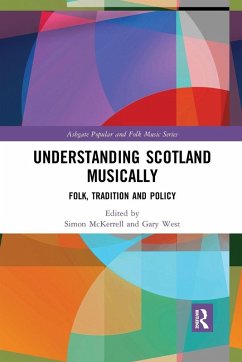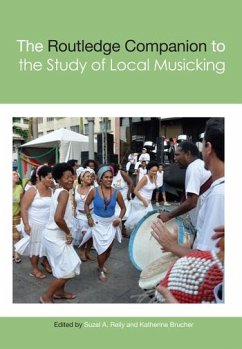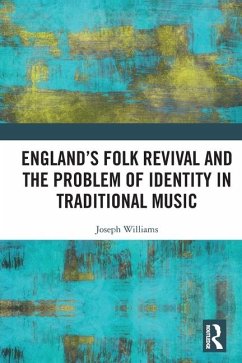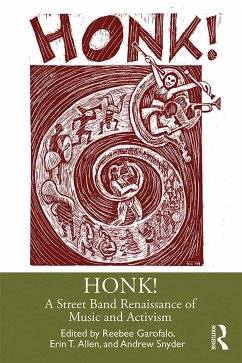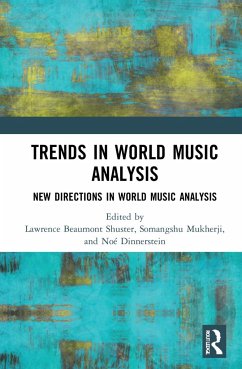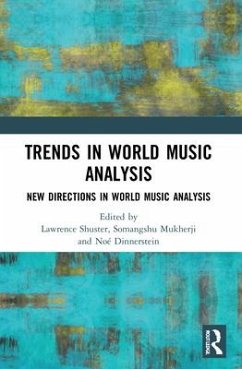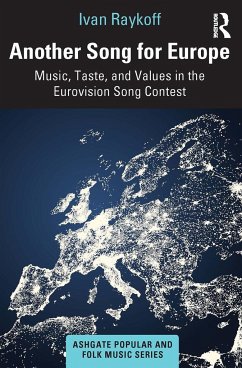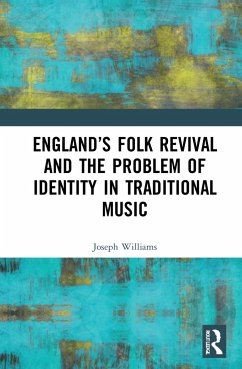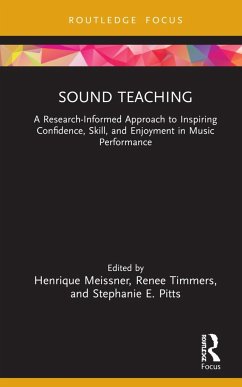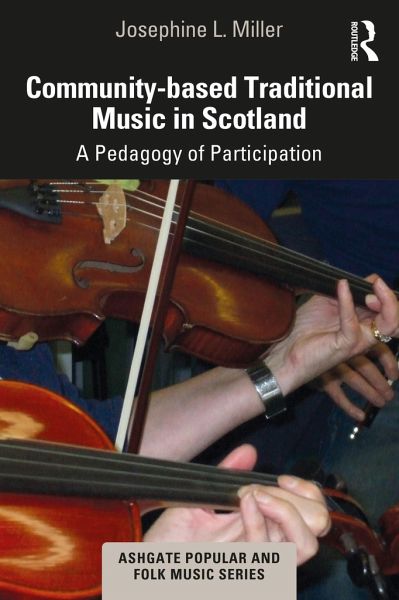
Community-based Traditional Music in Scotland
A Pedagogy of Participation
Versandkostenfrei!
Versandfertig in 6-10 Tagen
138,99 €
inkl. MwSt.
Weitere Ausgaben:

PAYBACK Punkte
69 °P sammeln!
This book examines the community-based learning and teaching of 'traditional' music in contemporary Scotland, with implications for transnational theoretical issues. The book draws on a broad range of scholarship and a local case study of a large organisation. A historical perspective provides an overview of new educational formats emerging from the mid-twentieth century folk music revival in Scotland. Practices through which participants encounter and perpetuate the idiom of traditional music include social music-making, learning by ear and participatory and presentational elements of musical...
This book examines the community-based learning and teaching of 'traditional' music in contemporary Scotland, with implications for transnational theoretical issues. The book draws on a broad range of scholarship and a local case study of a large organisation. A historical perspective provides an overview of new educational formats emerging from the mid-twentieth century folk music revival in Scotland. Practices through which participants encounter and perpetuate the idiom of traditional music include social music-making, learning by ear and participatory and presentational elements of musical performances. Individuals are shown as combining these aspects with their own learning strategies to participate in the contemporary community of practice of traditional music. The work also discusses how experiences of learning contribute to identity formation, including the role and practice of 'tutors' of traditional music. The author proposes conceptualising the teaching and learning of traditional music in community-based organisations as a 'pedagogy of participation'.





